Nowadays, there are many productivity apps (for example: Todoist, Notion, Evernote, Any.do, RescueTime), business books, and life coaches that promise to solve our professional challenges. However, the truth is that many professionals still struggle with decision-making, leadership, and strategic thinking.
The most powerful strategies often emerge from unexpected sources. Miyamoto Musashi, a legendary 17th-century samurai, gave an explanation that applies perfectly to modern business strategy and personal development. His principles have shaped marketing strategies and high-stakes business negotiations.
In this piece, you will discover five timeless strategies from Musashi's teachings to overcome modern professional challenges. These ancient principles provide practical solutions that remain relevant today for professionals who want to navigate complex business decisions or improve their leadership skills.
Here are the 5 strategies:
Emotional Control (Controlling your emotions)
Resilience in Leadership (Being strong when leading others)
Balancing Authority with Humility (Finding a balance between having power and being humble)
Maintaining Focus in Chaotic Environments (Staying focused when things are messy and confusing)
Effective Communication (Talking to others in a good way)
A Friendly Warning: This article is very long and full of information. I suggest you don't read it now because it might make you tired. But this information will be very useful at some point in the future. Only read it when you're not tired, and you can always come back to it another time.
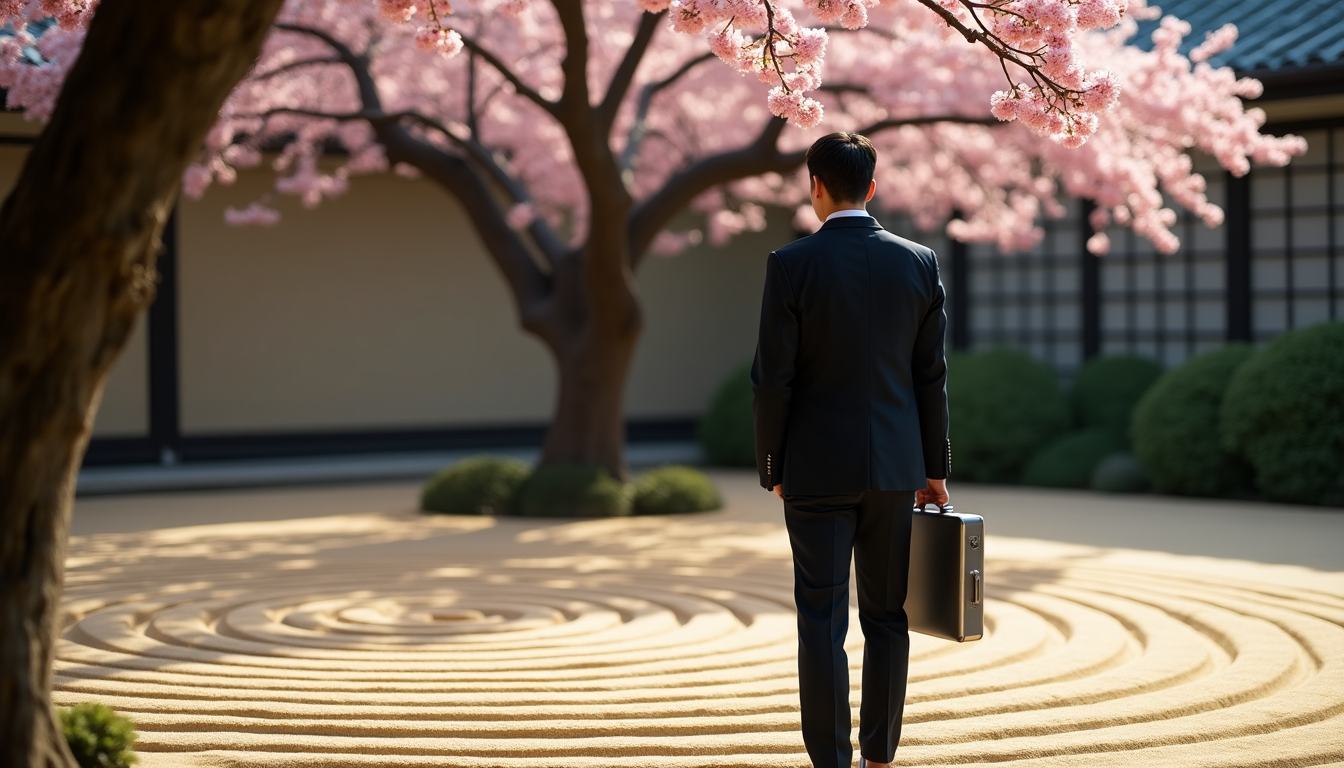
Master Strategic Decision-Making in Business
Ancient samurai principles have found a surprising application in modern business decision-making. These principles, rooted in the Bushido Code or "Way of the Warrior," offer valuable insights for today's business leaders.
The Bushido Code emphasizes seven virtues that are highly relevant to business leadership:
- Rectitude or justice (Being fair)
- Benevolence or mercy (Being kind)
- Politeness (Being polite)
- Honesty and sincerity (Being honest)
- Honor (Having honor)
- Loyalty (Being loyal)
- Character and self-control (Having good character and self-control)
My research into business strategy has shown that Japanese executives achieve remarkable success when they use these old samurai ideas to make choices in their work. Samurai principles encourage leaders to approach challenges with a strategic mindset, similar to how samurai approached warfare. This means planning carefully, being able to change, and staying strong when things are hard. Companies that use these techniques see their success in training leaders go up from 30% to more than 90%.
These's a Japanese principle called "kaizen" that aligns with the samurai's commitment to constant self-improvement. In business, this means always trying to improve skills, processes, and overall performance. Another principle, "omotenashi" (hospitality) is about being very nice to customers, encouraging businesses to go above and beyond in satisfying their customers. Just like samurai who trained for lifelong mastery, business leaders are encouraged to focus on long-term success rather than short-term gains.
Applying 'No Preferences' to Stay Adaptable
Musashi's principle of "no preferences" works well in today's volatile business environment. The principle advises against being too attached to particular methods or strategies, instead promoting an open-minded approach to different ways of doing things. Success comes from what Musashi calls a "wide and flexible view." This helps us see opportunities from many different angles. By being open to new ideas, we can adapt better to changes in business and find more ways to succeed.
Using 'The Way' for Career Planning
Musashi's concept of "The Way" can be very helpful for planning your career. Let's look at how these ideas can help you make better decisions about your job and future:
- Understanding your core skills and values: This means knowing what you're good at and what's important to you. It's like making a list of your strengths and the things you care about most in your work. For example, if you're good at solving problems and you value helping others, you might look for jobs that let you use these skills and match your values.
- Developing a broad knowledge base: This is about learning many different things, not just in your own field. It's like being a curious student who wants to know a bit about everything.
- Maintaining continuous learning and adaptation: This means always trying to learn new things and being ready to change. The world of work is always changing, so it's important to keep up. This could mean taking online courses, reading books about your industry, or learning new skills that are becoming important in your job.
- Building strategic self-awareness: This is about knowing not just your skills, but also how you fit into the bigger picture of your job and industry. It's like having a map of your career and knowing where you are on it. This includes understanding your strengths and weaknesses, how others see you, and how you can improve to reach your career goals.
By using these ideas, you can make better choices about your career.
21 Rules For Life by Miyamoto Musashi - Way of Walking Alone
Strategic Detachment in Negotiations
Musashi's wisdom shines brightest in negotiation strategy. The concept of "going to the balcony" - stepping back mentally from emotional situations - is a great tool. This technique helps us stay objective and focused on our goals during high-pressure moments.
These principles work because they focus on long-term success instead of quick wins. Japanese executives rely on these ancient strategies to make significant business decisions. Their success proves how timeless wisdom can drive modern achievements.
Transform Leadership Through Samurai Principles
I found that there was a way to reshape leadership using samurai principles. This goes beyond just wielding authority. Leaders must become skilled at finding the right balance between power and wisdom. The ever-changing business world sees AI and automation rewrite the rules daily, making resilient leadership non-negotiable.
Leading with Honor in Modern Organizations
Companies that implement honor-based leadership see improvements in their professional reputation and stakeholder relationships. My "Three Pillars of Honor" concept explains this success:
Steadfast integrity in decision-making
Dedication to ethical business practices
Clear demonstration of moral leadership
How To Out-Think 99% of People - Miyamoto Musashi
Building Team Resilience Through Adversity
The samurai approach to resilience gives powerful lessons to modern teams. Organizations that embrace these principles show remarkable improvements in their research and development processes. Failure shouldn't scare us - it's a chance to reflect and grow.
Balancing Authority with Humility
The toughest part of leadership lies in what I call "powerful humility." Great leaders listen well and make decisive choices. Teams feel both respected and valued when their leaders balance authority with humility.
Real leadership power flows from serving others instead of commanding them. Teams become resilient and innovative through strategic adaptation rather than reactionary decisions. This method works especially well in Industry 4.0, where business rules change as technology evolves faster.
Optimize Professional Performance
My journey implementing performance optimization techniques revealed that ancient samurai principles provide an amazing framework for modern productivity. Research indicates 68% of leaders have trouble adapting to rapid change. These timeless strategies matter now more than ever.
3 Principles That Fix 90% of Problems - Miyamoto Musashi
Eliminating Distractions Through Minimalism
Digital minimalism has boosted my focus and productivity substantially. A minimalist approach reduces the constant flood of notifications that scatter our attention. Research shows a split-second interruption can waste several minutes of productive time. My recommendation? Set specific times to check emails and messages. This creates what I call "focus zones" throughout your day.
Developing Laser Focus in Chaos
The samurai concept of Mushin (no-mind) reshaped how I maintain focus in chaotic environments. These performance psychology techniques work best:
Goal setting for performance objectives
Strategic self-talk for belief reinforcement
Mental rehearsal for high-stress situations
Energy management for optimal performance
Mastering Time Management the Samurai Way
The samurai approach to time management revolves around what I call "purposeful presence." This method ensures every moment counts and eliminates idle time. Breaking larger projects into smaller, manageable tasks works wonders. Research confirms this practice boosts productivity and reduces overwhelm.
The Art of 100% - Miyamoto Musashis’ Method of Winning
Apply Strategic Communication Skills
My work with business leaders has taught me that becoming skilled at strategic communication depends as much on listening as speaking. Studies reveal that verbal communication makes up only 7% of our messages. Body language accounts for 55% and voice tone contributes 30%.
Direct Communication Without Aggression
Clear communication works best when you stay assertive without becoming aggressive. People who communicate directly prefer shorter sentences and stronger statements. The goal remains to keep respect while staying clear. Success comes from:
Building trust through consistent, positive interactions
Listening to others' views before sharing yours
Discussing specific actions instead of personal traits
Presenting solutions with every problem
Reading People Like a Warrior
Strategic communication has taught me to notice what I call the "invisible dialog." Research shows that people who excel at reading others can spot non-verbal signals that most people miss. My focus stays on physical movements - how people lean, whether their arms are crossed, and what their hands do. These movements reveal hidden intentions and comfort levels.
Miyamoto Musashi - Mastering the Art of Purposeful Life
Building Authentic Professional Relationships
"Authentic presence" stands out as the most powerful strategy in my experience. Research indicates that people spend about 80% of their lives at work. This makes genuine relationships vital to professional success. Visibility, presence, and openness create meaningful inclusion and connection. Strong, resilient professional relationships grow when we create genuine opportunities for shared experiences.
Conclusion
My tuck into Musashi's principles has revealed their remarkable power to transform modern professional life. These ancient samurai strategies provide practical solutions for today's challenges and help professionals make strategic business decisions while building authentic relationships.
Research and experience show how professionals achieve remarkable results by applying these timeless principles. Leaders who accept these samurai wisdom become more effective decision-makers, and teams grow stronger through adversity-tested resilience.
These strategies work because they address fundamental human needs that haven't changed over centuries. Clear communication, focused performance, and strategic thinking remain significant today as they were in Musashi's time.
Want to begin your experience with these powerful strategies? Please subscribe to the YouTube channel @getkenka for new video updates, and share your thoughts about this post in the comments below. Note that becoming skilled at these principles takes time and practice, but the results are worth every step of the experience.
References
[1] - https://www.awci.org/media/feature-articles/the-samurai-executive-ancient-warrior-tips-for-business-success-today/
[2] - https://businesswarriorsdojo.com/2023/09/10/undefeated-20-business-lessons-from-japans-greatest-swordsman-part-1/
[3] - https://wakelymediation.com/2021/02/controlling-your-emotions-while-negotiating/
[4] - https://www.forbes.com/councils/forbesbusinessdevelopmentcouncil/2022/07/21/what-a-17th-century-samurai-can-teach-us-about-entrepreneurship/
[5] - https://www.linkedin.com/pulse/resilience-leadership-learning-from-samurai-code-martin-petrov-nzadf
[6] - https://www.econstor.eu/bitstream/10419/281490/1/1776184734.pdf
[7] - https://www.thebsideway.com/p/balancing-authority-with-humility
[8] - https://www.jimallen.com/balancing-confidence-and-humility-the-mark-of-a-great-leader/
[9] - https://aiirconsulting.com/resource/how-to-maintain-focus-in-a-chaotic-environment/
[10] - https://www.forecast.app/blog/how-to-avoid-distractions-at-work
[11] - https://www.netc.navy.mil/Portals/46/NETC/doc/Leader's%20Reference%20Guide.pdf
[12] - https://medium.com/@apasho/miyamoto-musashis-tips-for-a-fulfilling-and-effective-life-581a8feaf5a1
[13] - https://www.healthywa.wa.gov.au/Articles/A_E/Assertive-communication
[14] - https://www.talaera.com/blog/8-tips-on-direct-communication-for-those-who-were-called-too-direct/
[15] - https://www.psychologytoday.com/us/blog/emotional-freedom/201402/three-techniques-read-people
[16] - https://www.shrm.org/topics-tools/news/14-ways-to-build-authentic-relationships-across-differences-in-the-workplac-0







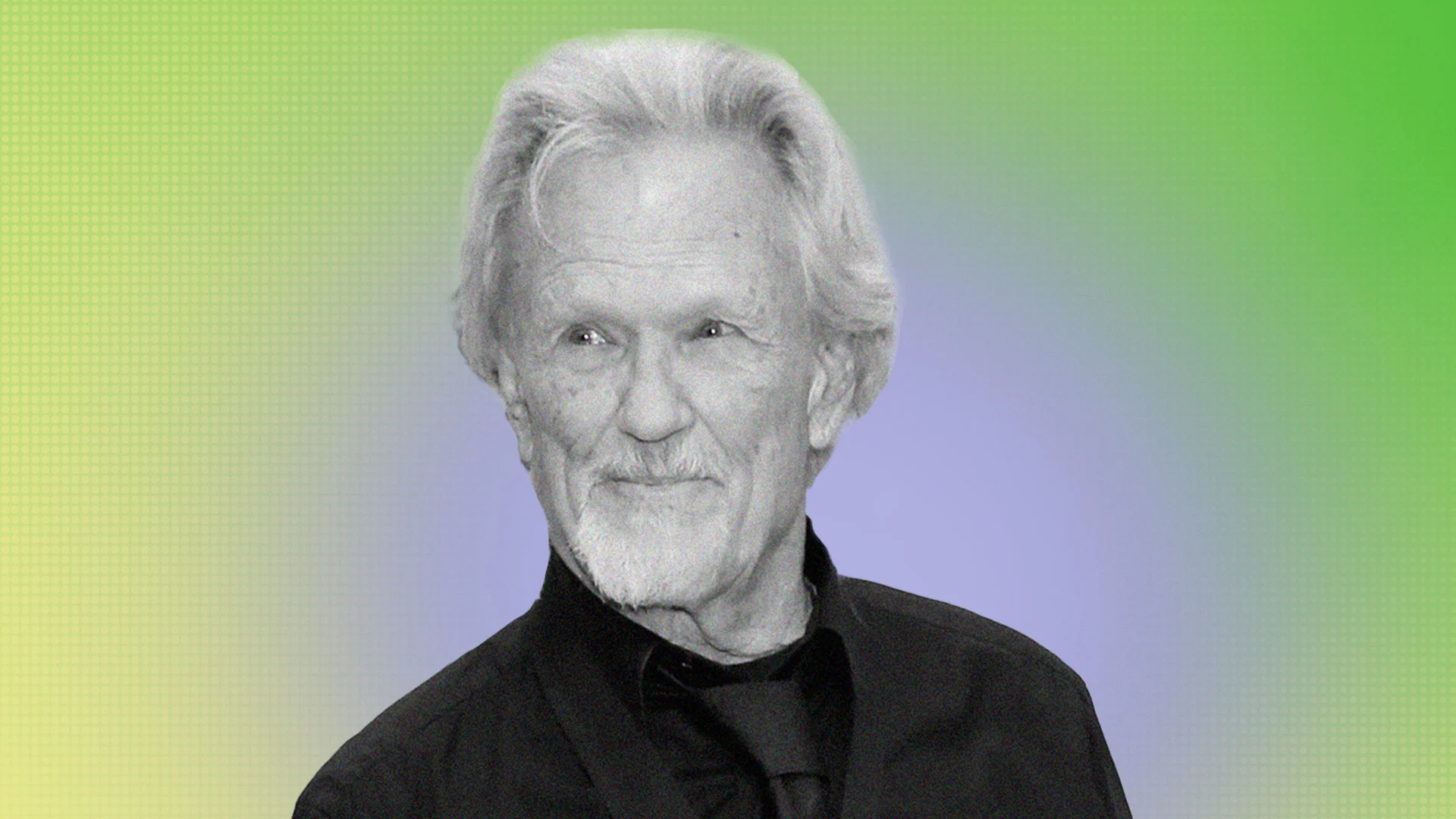

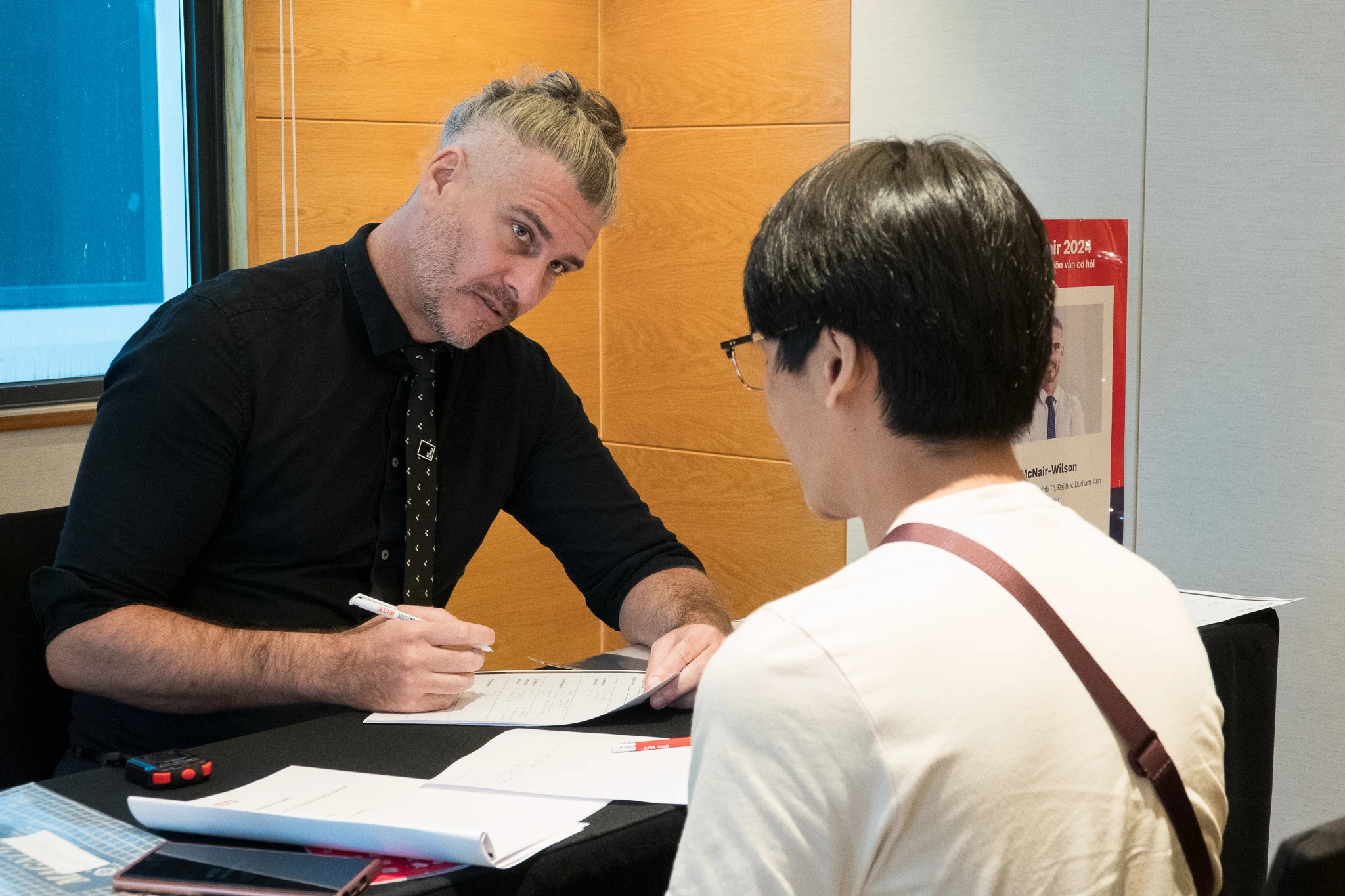







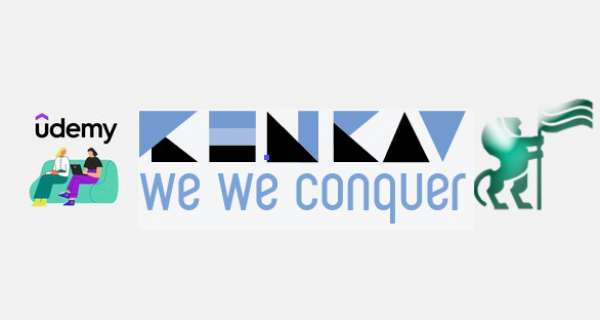
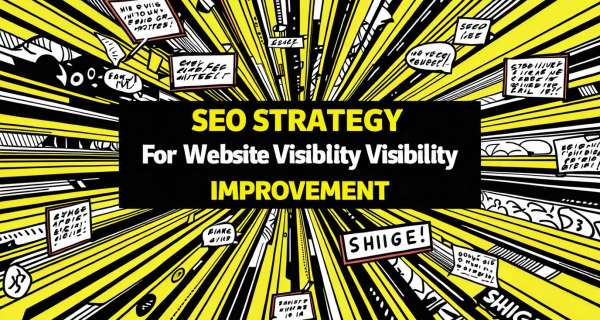



0 Bemerkungen